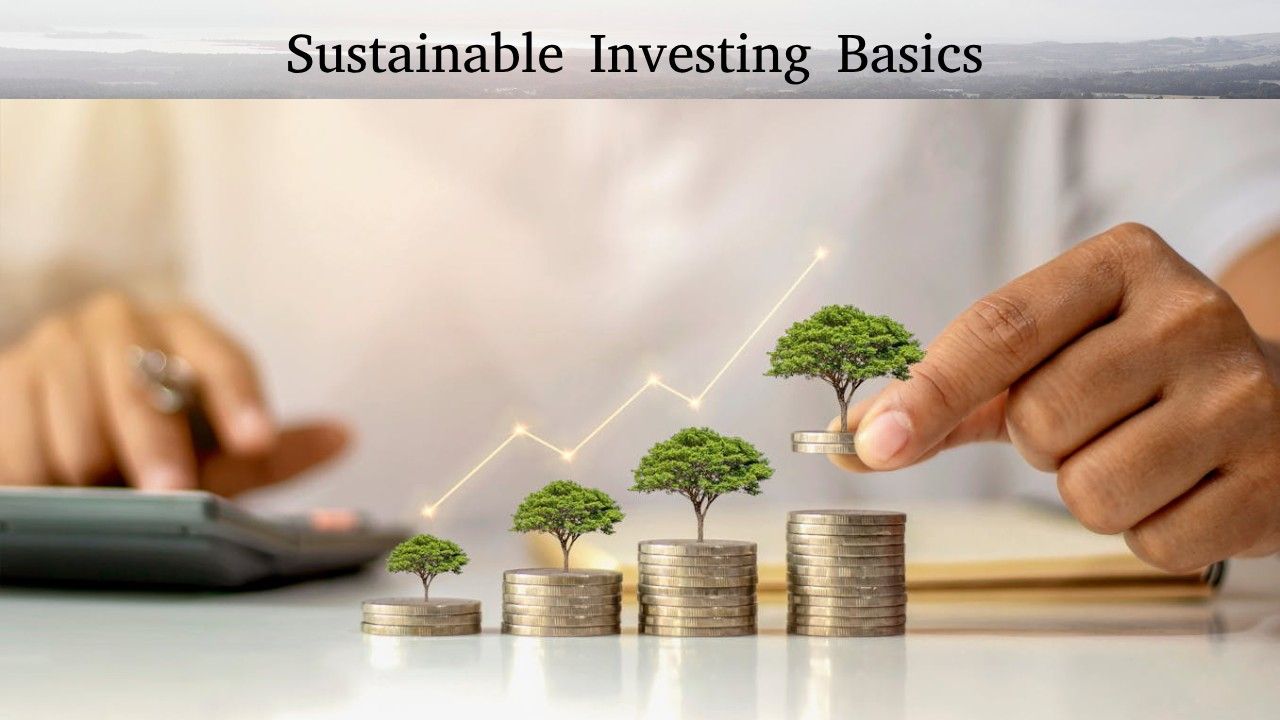The Role of Businesses in Achieving Sustainability Goals
Business Leadership in Sustainability. In today’s world, businesses play a crucial role in shaping a sustainable future. As global challenges like climate change, resource depletion, and social inequality grow more urgent, companies are no longer just profit-driven entities. Instead, they are becoming key players in advancing sustainability goals that benefit both the planet and society. By integrating sustainable practices into their operations, businesses can drive positive change while fostering innovation, resilience, and long-term success.
Why Businesses Matter in Sustainability
Business Leadership in Sustainability influence nearly every aspect of modern life—from the products we buy to the energy we use and the waste we generate. Their decisions on sourcing materials, manufacturing processes, and supply chain management have significant environmental and social impacts. Given their scale and reach, businesses have the power to:
-
Reduce carbon emissions and waste
-
Promote responsible consumption and production
-
Support fair labor practices and community development
-
Innovate sustainable technologies and solutions
When businesses prioritize sustainability, they not only help protect natural resources but also build trust with customers, investors, and employees who increasingly value ethical practices.
Key Areas Where Businesses Can Drive Change
-
Sustainable Supply Chains
Choosing suppliers that adhere to environmental and social standards ensures products are made responsibly. This includes using renewable materials, reducing transportation emissions, and supporting fair wages. -
Energy Efficiency and Renewable Energy
Switching to energy-efficient technologies and investing in renewable energy sources like solar or wind power helps cut greenhouse gas emissions and reduces operational costs. -
Waste Reduction and Circular Economy
Minimizing waste through recycling, reusing materials, and designing products for longevity supports a circular economy that preserves resources and lowers pollution. -
Corporate Social Responsibility (CSR)
Businesses can engage with communities through education, healthcare, and environmental projects, addressing social inequalities and enhancing quality of life. -
Transparent Reporting and Goal Setting
Measuring and publicly reporting sustainability metrics creates accountability. Setting ambitious goals aligned with frameworks like the UN Sustainable Development Goals (SDGs) motivates continuous improvement.
Benefits of Embracing Sustainability
-
Competitive Advantage: Sustainable products and services meet growing consumer demand and can open new markets.
-
Cost Savings: Energy efficiency, waste reduction, and resource conservation lower expenses over time.
-
Risk Management: Addressing environmental and social risks improves resilience against regulatory changes and reputational damage.
-
Employee Engagement: Companies committed to sustainability attract and retain talent motivated by meaningful work.
-
Positive Brand Image: Demonstrating responsibility enhances brand loyalty and trust among stakeholders.
Challenges and How to Overcome Them
Adopting sustainable practices can be complex and require upfront investment. Some challenges include aligning goals across global operations, managing supply chain transparency, and measuring impact accurately. However, collaboration with industry partners, leveraging technology, and engaging stakeholders can help overcome these barriers.
How You Can Support Sustainable Business
As consumers and professionals, you can influence businesses by:
-
Choosing products from companies with strong sustainability commitments
-
Encouraging your workplace to adopt eco-friendly policies
-
Supporting legislation that promotes corporate sustainability
-
Advocating for transparency and ethical business practices
Final Thoughts
Business Leadership in Sustainability are increasingly intertwined. By driving positive change through responsible practices, innovation, and community engagement, businesses can be powerful agents for a healthier planet and a more equitable society. The future depends on companies embracing their role in sustainability, not just as a choice, but as an imperative for long-term success.







